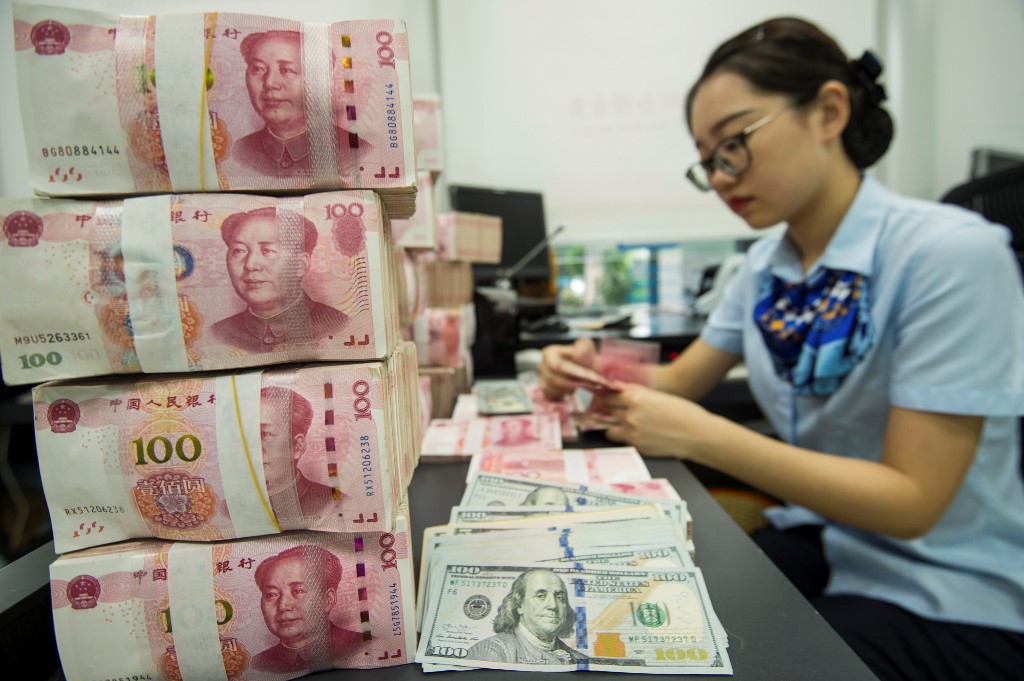(ATF) I wrote yesterday about the potentially economically debilitating effect of the further descent into factory gate price (PPI) deflation in May, to a sharper than expected -3.7% compared with -3.1% in April and -1.5% in March.
To put a halt to a further slide and the negative impact on investment and economic growth, China’s central bank, the People’s Bank of China (PBoC), will need to consider more decisive monetary easing than that adopted to date in response to the coronavirus crisis.
The PBoC appears reluctant to drop the benchmark interest rates and has relied on targeted credit extensions to small and medium enterprises. That’s all well and good and is similar to tactics adopted by the US Fed.
But by itself, such credit extension is insufficient. Continued high policy rates drive bond yields higher across the board and producing a slump in the bond market is no way to produce the seeds of faster economic recovery. As it also keeps the yuan stronger than necessary, it produces a negative feedback cycle into deeper deflation.
I expect the PBoC to back away from its rather high rates and add near-term monetary stimulus, which will take off some yuan appreciation pressure.
Yuan parity this morning was set at 7.0608, the highest in more than a month. In Thursday trading, CNY moved little and stood at 7.0686 at 7pm HK time while the offshore yuan stood at a nearly identical 7.0681.
The Hong Kong dollar (HKD) meanwhile is going from strength to strength. On Wednesday, the HK Monetary Authority was once again forced to intervene and buy US$480 million (sell HK$3.72 billion) in order to prevent its own currency from breaching the 7.75 upper trading limit with the USD.
Large amounts of capital inflows for HK IPOs are creating upward HKD pressure. The Netease IPO today produced US$2.7 billion. the June 18 Hong Kong secondary listing of JD.com is poised to raise US$4 billion.
And US President Trump and the US Senate are helping: Chinese companies listed in New York are not awaiting orders to delist, but are rushing to the exit and re-listing in Hong Kong, Shanghai and Shenzhen.
Speaking of smart US financial warfare tactics!
























